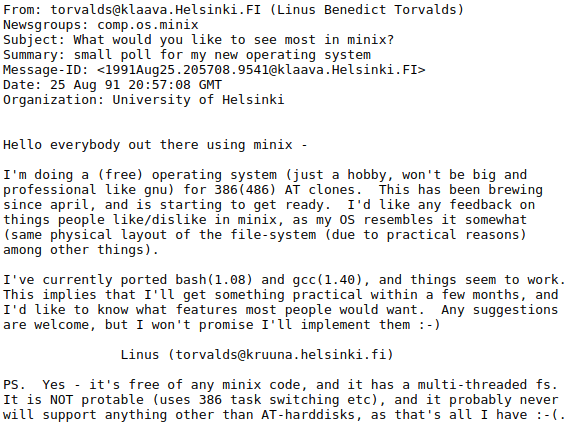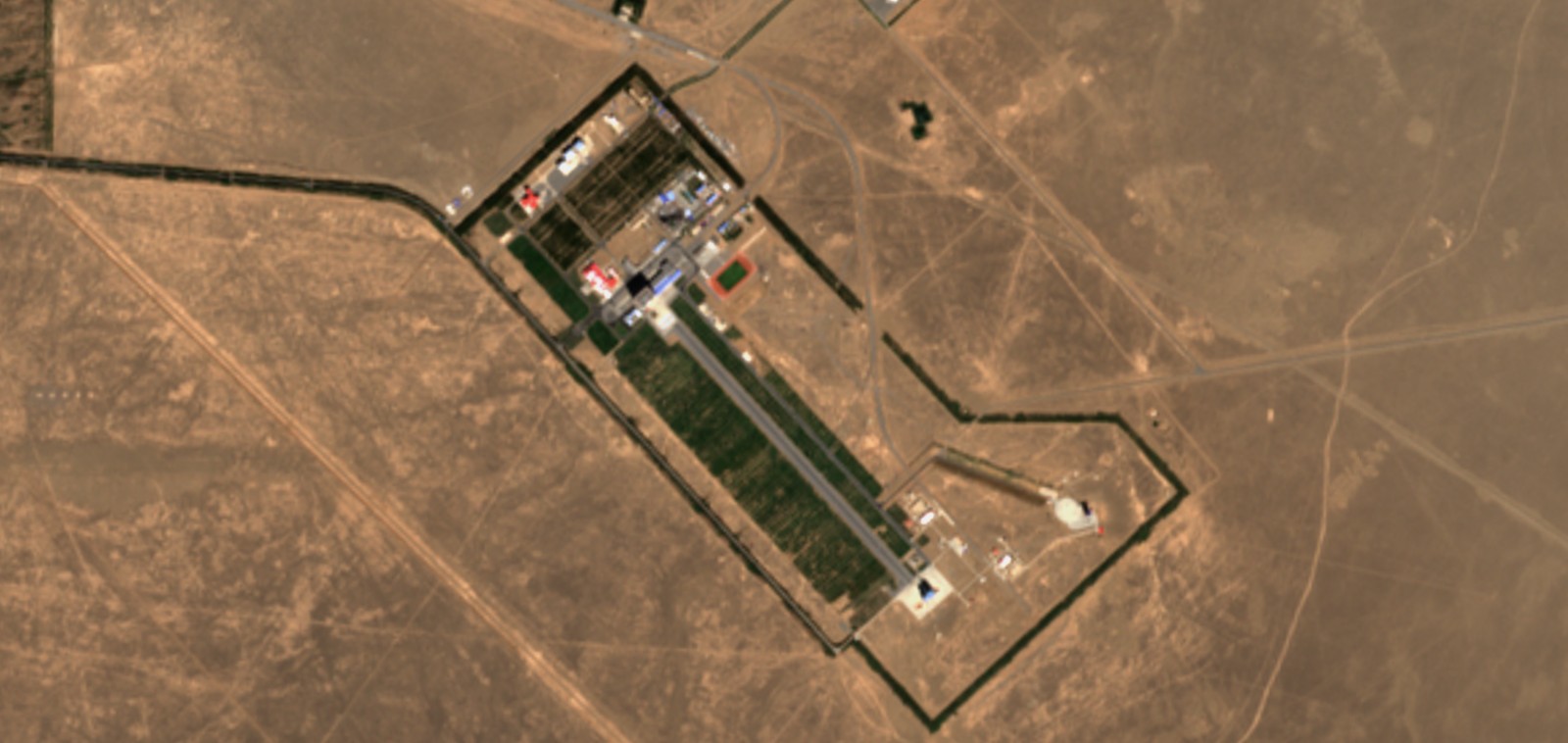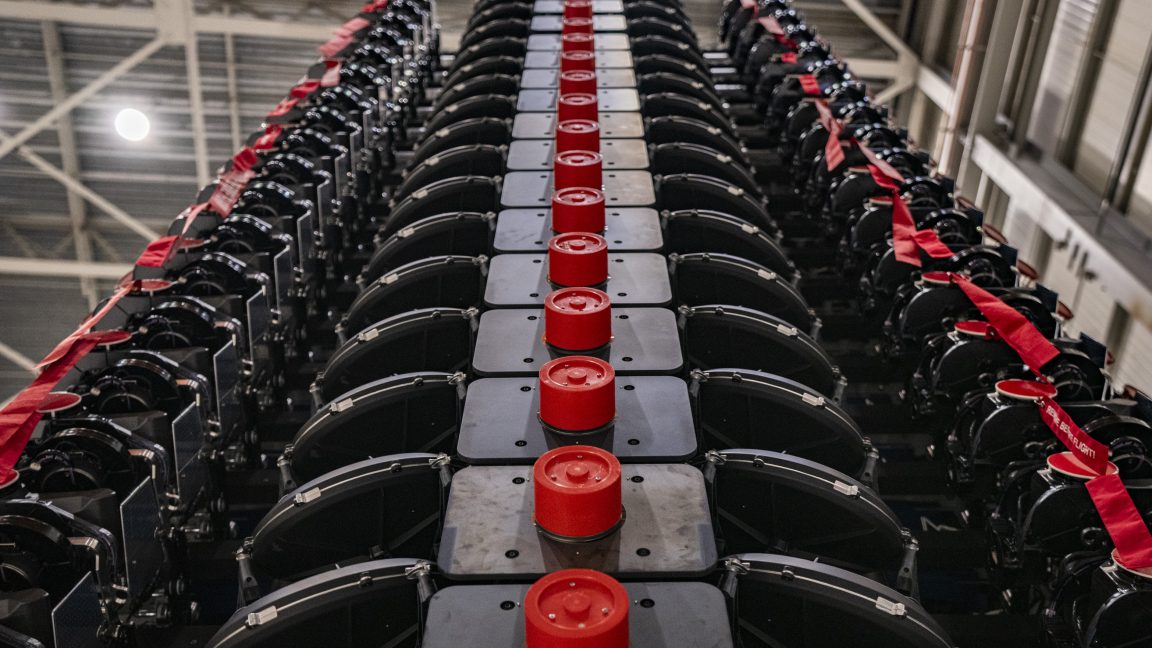
Huawei launches first phones capable of running its new self-developed operating system
Huawei on Tuesday launched the Mate 70 series of smartphones that can run on the company's latest self-developed operating system, as the Chinese giant continues its push toward technological independence in the wake of U.S. sanctions.
The Mate 70 is the successor of the Mate 60, which was released last year and sent shockwaves through the tech and political worlds. It contained a semiconductor that many had thought Huawei and China would find difficult to produce, given the widespread the U.S. restrictions that have looked to cut off the world's second-largest economy from leading-edge chips. Huawei was separated from Google's Android operating system in 2019, forcing the Chinese tech giant to develop its own software.
Huawei did not mention what chip the phone was running, but Richard Yu, the head of Huawei's consumer and auto businesses, said that the Mate 70 can operate on HarmonyOS NEXT — the company's first fully self-developed mobile operating system.
Huawei is hoping that the OS can become a viable alternative to Android and Apple's iOS in China. The company's early versions of HarmonyOS were built using open-source Android code.



/cloudfront-us-east-2.images.arcpublishing.com/reuters/DFJYDZQLEJJF3F66K4NZMK4CCQ.jpg)

















